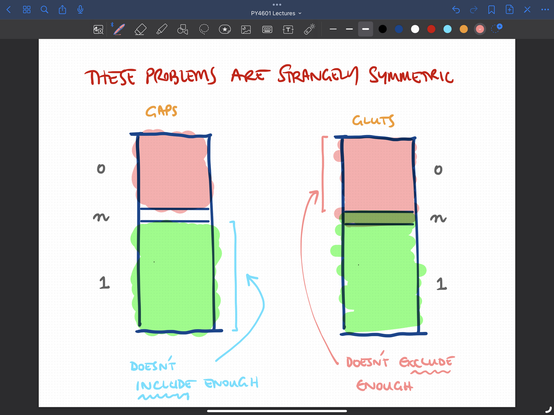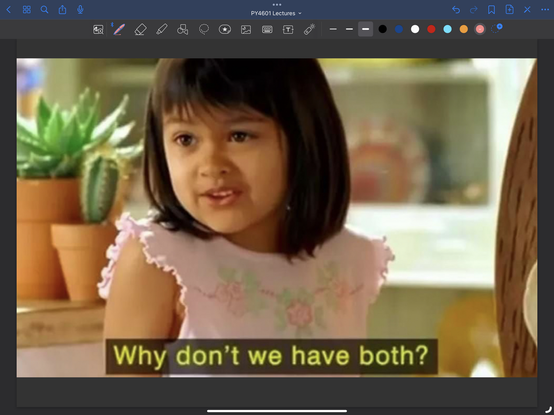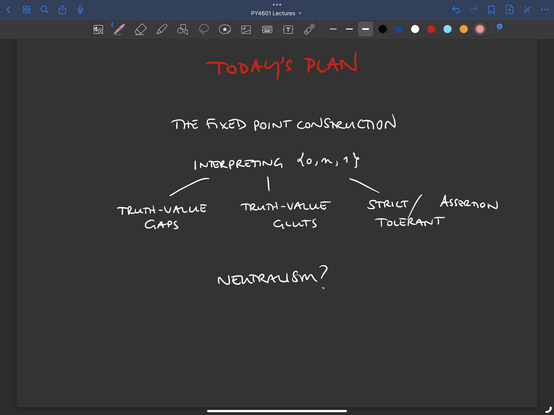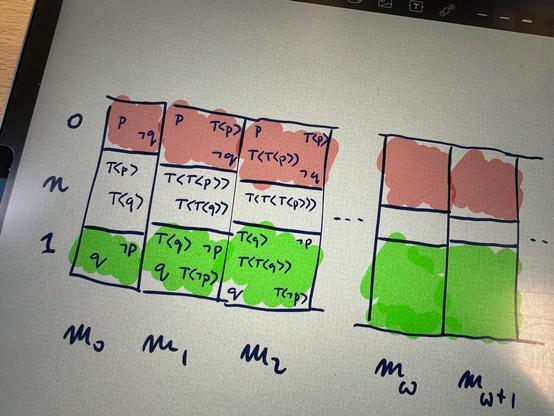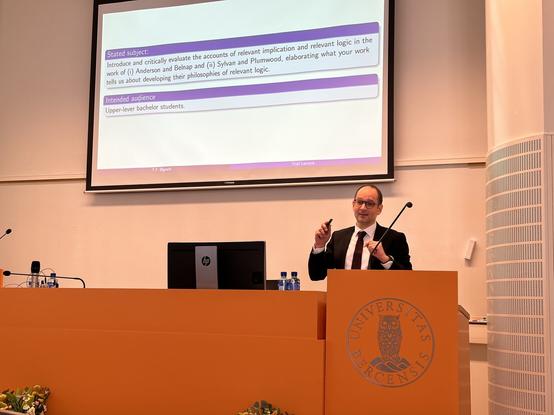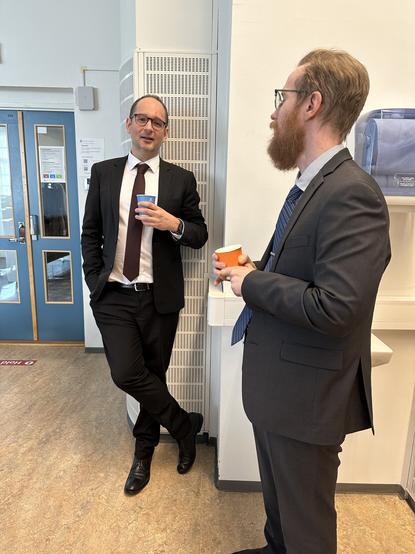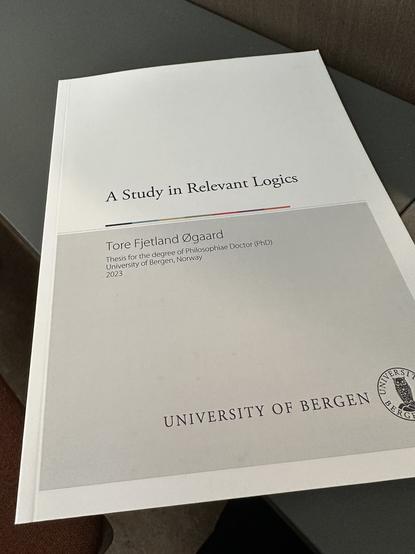Since logic requirements in philosophy graduate programs is trending, here's a throwback to 2005, when Brian Weatherson @bweatherson , Ted Sider, Michael Glanzberg, Andy Arana and I discussed this in a special session at an ASL/APA meeting https://richardzach.org/2005/04/logic-instruction-and-philosophy-graduate-training/
The discussion about whether to have #logic requirements in #philosophy PhD programs and if so what to cover has been going on for a while
